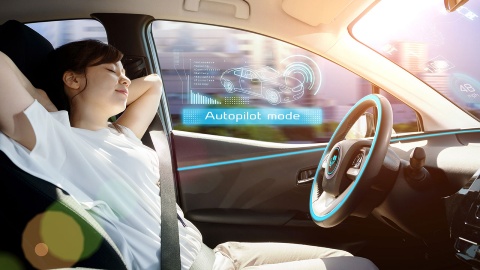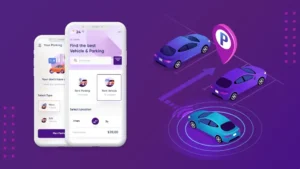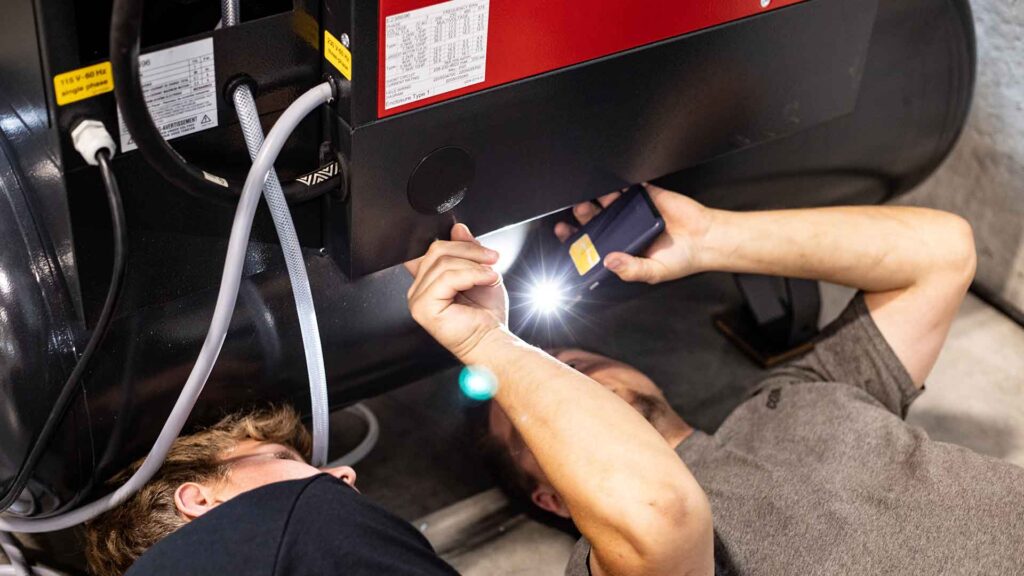
There will be significant changes in how we travel. With the progress of autonomous (self-driving) technology and electric cars (EVs), the future of driving appears to be significantly different from the past. It’s exciting to read about what’s to come and how it will affect our lives in the UK, especially for new drivers.
The rise of electric vehicles
Electric vehicles have advanced well beyond their initial status as a curiosity. Better batteries, more production, and government support have made EVs an important part of the automobile industry. By 2030 the UK has lofty targets of stopping the sale of new diesel and gasoline cars. This implies that running an electric car will become the standard rather than a choice.
The advent of autonomous vehicles
From my first view, they are better for the environment. They neither generate exhaust pollution, throw garbage into the environment, nor cause climate change. Their low running costs offer even another advantage. Since electric cars have less moving components than gasoline, they require less maintenance and electricity is less expensive than fuel.
For those of us contemplating driving in the UK, the shift to an electric car is becoming more manageable. More charging stations are popping up everywhere, and the UK government is investing heavily in building a solid network of public chargers. Also, charging technology is getting better, which means it’s faster to charge your car, especially with the new ultra-fast chargers.
The future of autonomous cars.
Another frontier is autonomous cars. Their variety of sensors, cameras, and artificial intelligence helps these vehicles to negotiate with little human involvement. From being useful to self-driving, automation consists in numerous phases. From the means of a driving app by Ray, you might get aware with these developments as it provides insights and updates on the most recent driving technologies.
Regarding this technology, the UK leads the curve; testing and other research are still under progress there. Eliminating human mistakes that drive most crashes allows autonomous cars to make driving a lot more safer. For those who cannot drive, including the elderly or the disabled, they can also offer additional mobility alternatives and assist to ease traffic congestion.
Still, there are various challenges to go above. We have to assure everyone these technologies are reliable and safe. Laws and regulations must catch up with concerns about hackers and data security as well as who bears liability should something go wrong. The UK government is working with companies to make the country a good place for developing and using self-driving cars. The goal is for the UK to become a world leader in this field.
Combining electrical and autonomous technology
The actual game changer will occur when electrified and self-driving technologies combine. Electric autonomous vehicles (EAVs) will represent the best of both worlds: ecologically clean, efficient, and incredibly practical.
Getting ready for what’s next.
To prepare for these changes, the UK invests in education and infrastructure. New courses on EVs and autonomous driving are being developed to ensure that the next generation of engineers and designers understand what they’re doing. Public efforts are another way to let everyone know about the pros and cons of this new technology.
In the end, it looks like electric and self-driving cars are the way of the future for driving in the UK. For new drivers, this means getting to know these technologies, adjusting to the changes, and helping to make transportation better, cleaner, and smarter. It might take some time, but the rewards look like they’re worth it.













